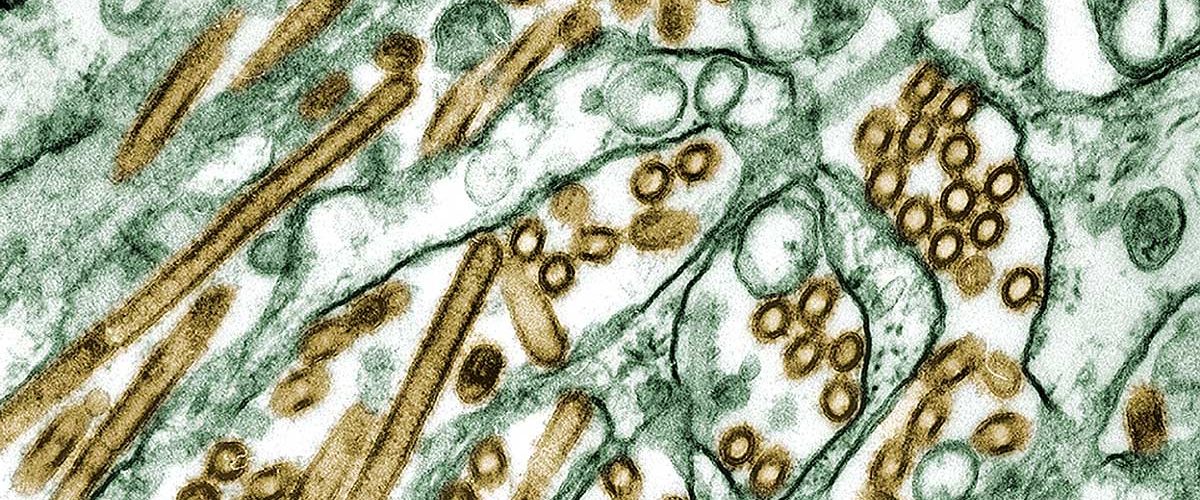Avian influenza refers to the disease caused by infection with avian (bird) influenza (flu) Type A viruses. Three subtypes of avian influenza A viruses are known to infect people (H5, H7 and H9 viruses). Among these, Asian lineage H5N1 and H7N9 have caused the majority of infections in people. Extensive outbreaks in poultry have occurred in parts of Africa, Asia, Europe and the Middle East since 1997, but only sporadic human infections have occurred to date.
Human infection with avian influenza is generally through direct contact with infected animals or contaminated environments. This includes consumption of raw, contaminated poultry blood. these viruses have not acquired the ability of sustained transmission among humans.
Common initial symptoms of the A(H5) and A(H7N9) avian influenza viruses are high fever and cough followed by dyspnea or difficulty breathing. Abdominal pain, bleeding from the nose or gums, diarrhea, vomiting, encephalitis, and chest pain have also been reported. For A(H7N7) and A(H9N2), disease is typically mild.
Treatment of avian influenza is recommended for at least 5 days. As soon as possible, neuraminidase inhibitors should be prescribed, though they can be administered at various stages of illness. Corticosteroids should not be used routinely unless necessary.
Influenza viruses, with the vast silent reservoir in aquatic birds, are impossible to eradicate. Zoonotic influenza infection in humans will continue to occur. To minimize public health risk, quality surveillance in both animal and human populations, thorough investigation of every human infection and risk-based pandemic planning are essential. In affected countries, people should avoid contact with high-risk environments such as live animal markets and poultry farms, any free-ranging or caged poultry, or surfaces that might be contaminated by poultry droppings. People should also avoid contact with dead migratory birds or wild birds showing signs of disease, and should avoid consumption of undercooked eggs, poultry or poultry products. Hand hygiene with frequent washing or use of alcohol rubs is recommended.

